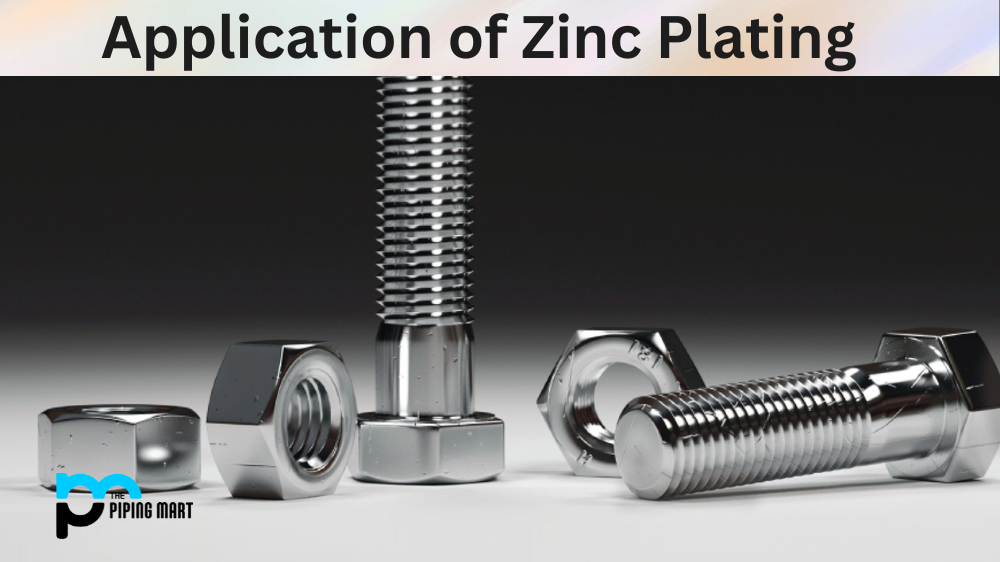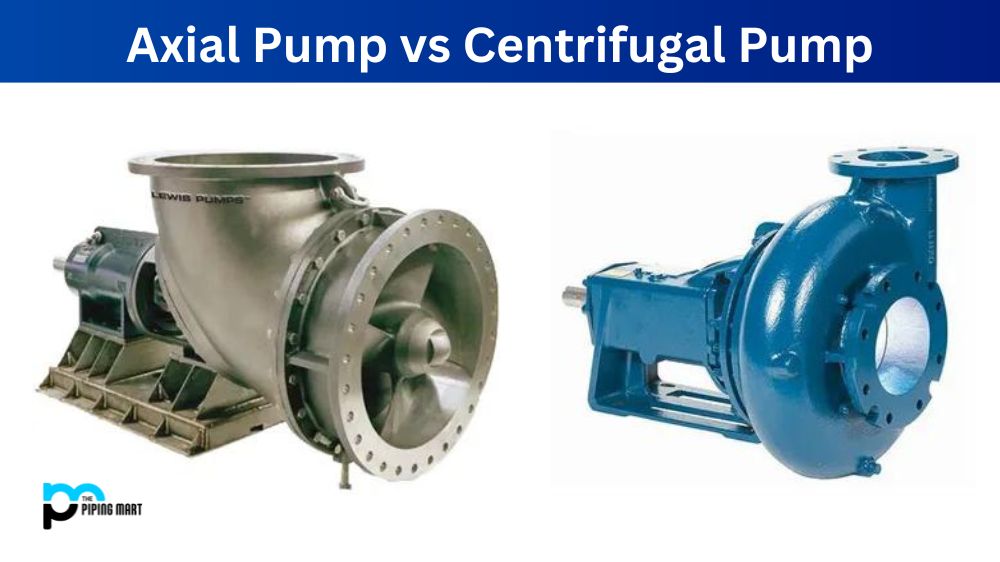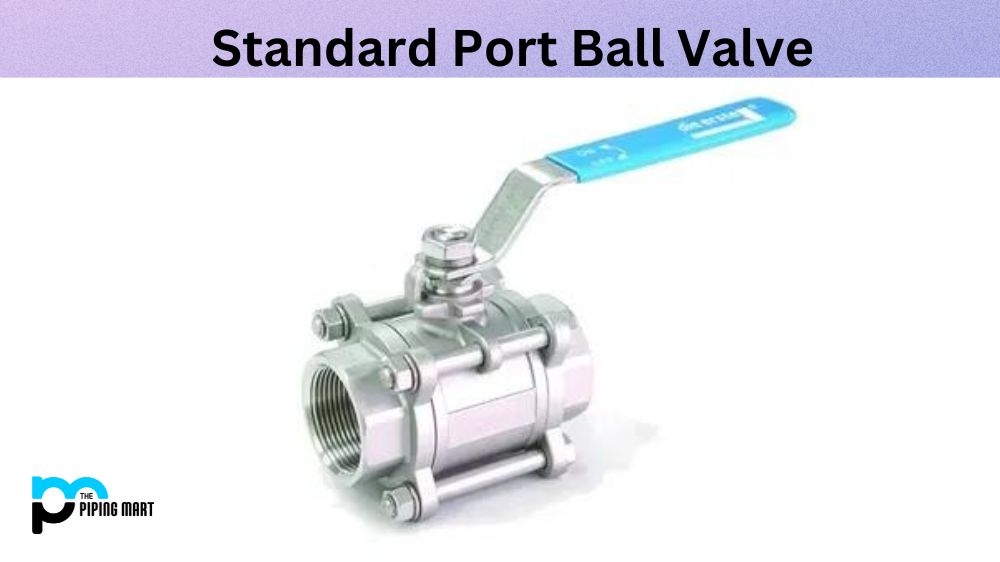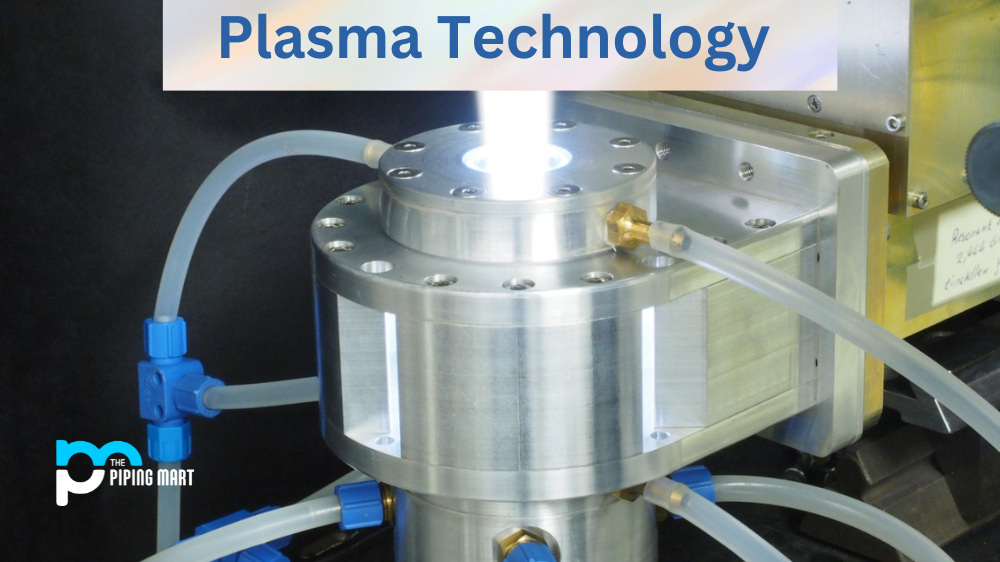Zinc plating is a process used to protect metals from corrosion and wear. This process involves applying a thin layer of zinc to the surface of the metal, which provides an additional layer of protection, as well as a more aesthetically pleasing finish. In this article, we’ll look at the benefits of zinc plating and how it can be used in different applications.
How Zinc Plating Works
The zinc plating process involves electroplating a thin layer of zinc onto the surface of the metal. This helps to protect the metal from corrosion caused by exposure to water or other corrosive materials. The thickness of the coating can vary depending on the application and desired outcome but typically ranges anywhere from 0.1-2 mils (0.001-0.002 inches). The main benefit of this type of coating is that it can provide superior protection against corrosion compared to other types of coatings, such as paint or powder coating. Additionally, it can provide an attractive finish that enhances both the aesthetic appeal and durability of the final product.
Applications of Zinc Plating for Metal
Zinc plating has many applications across various industries, including automotive, marine, construction, agricultural, aerospace, and military applications. Automotive parts are often coated with zinc plating to help prevent rusting and corrosion due to exposure to harsh elements such as saltwater or road debris. Marine applications also benefit from zinc plating in order to reduce galvanic corrosion between dissimilar metals when exposed to saltwater environments such as salt marshes or ocean water. Additionally, many construction materials, such as steel beams or fasteners, may be coated with zinc plating in order to help them withstand harsh weather conditions and UV light exposure while outdoors. Lastly, aerospace and military components may also benefit from zinc plating in order to reduce weight while still providing superior levels of strength and durability under extreme conditions such as high temperatures or atmospheric pressure changes during flight operations.
- Zinc plating is used to protect metal surfaces from corrosion.
- Zinc plating can also be used to enhance the appearance of a metal surface.
- Zinc plating can also be used to improve the electrical conductivity of a metal surface.
- Zinc plating can also be used to improve the solderability of a metal surface.
- Zinc plating can also be used to provide sacrificial protection to a metal surface.
Conclusion:
Zinc plating is a versatile process that offers numerous benefits for various industries, including automotive, marine, construction, agricultural, aerospace and military fields alike. Its ability to provide superior protection against corrosion while still remaining lightweight makes it ideal for use on many different types of metals in order to improve their performance under challenging conditions. If you are looking for an effective way to protect your metal components from wear or corrosion, then consider using zinc-plated finishes for optimal results!

A passionate metal industry expert and blogger. With over 5 years of experience in the field, Palak brings a wealth of knowledge and insight to her writing. Whether discussing the latest trends in the metal industry or sharing tips, she is dedicated to helping others succeed in the metal industry.




